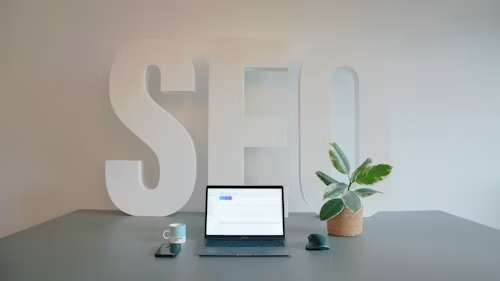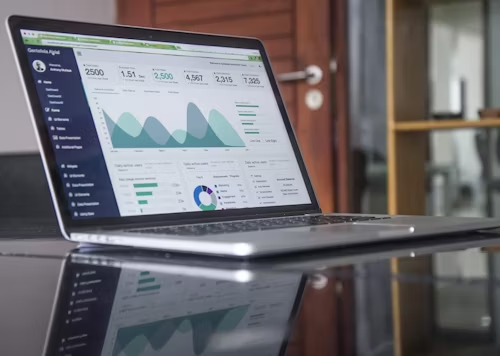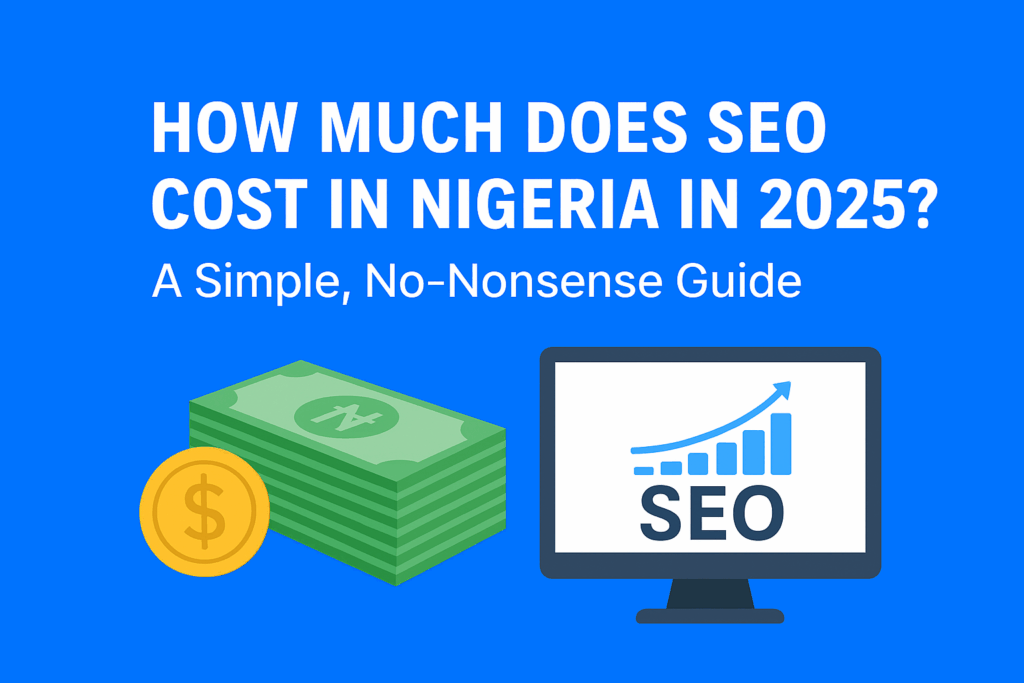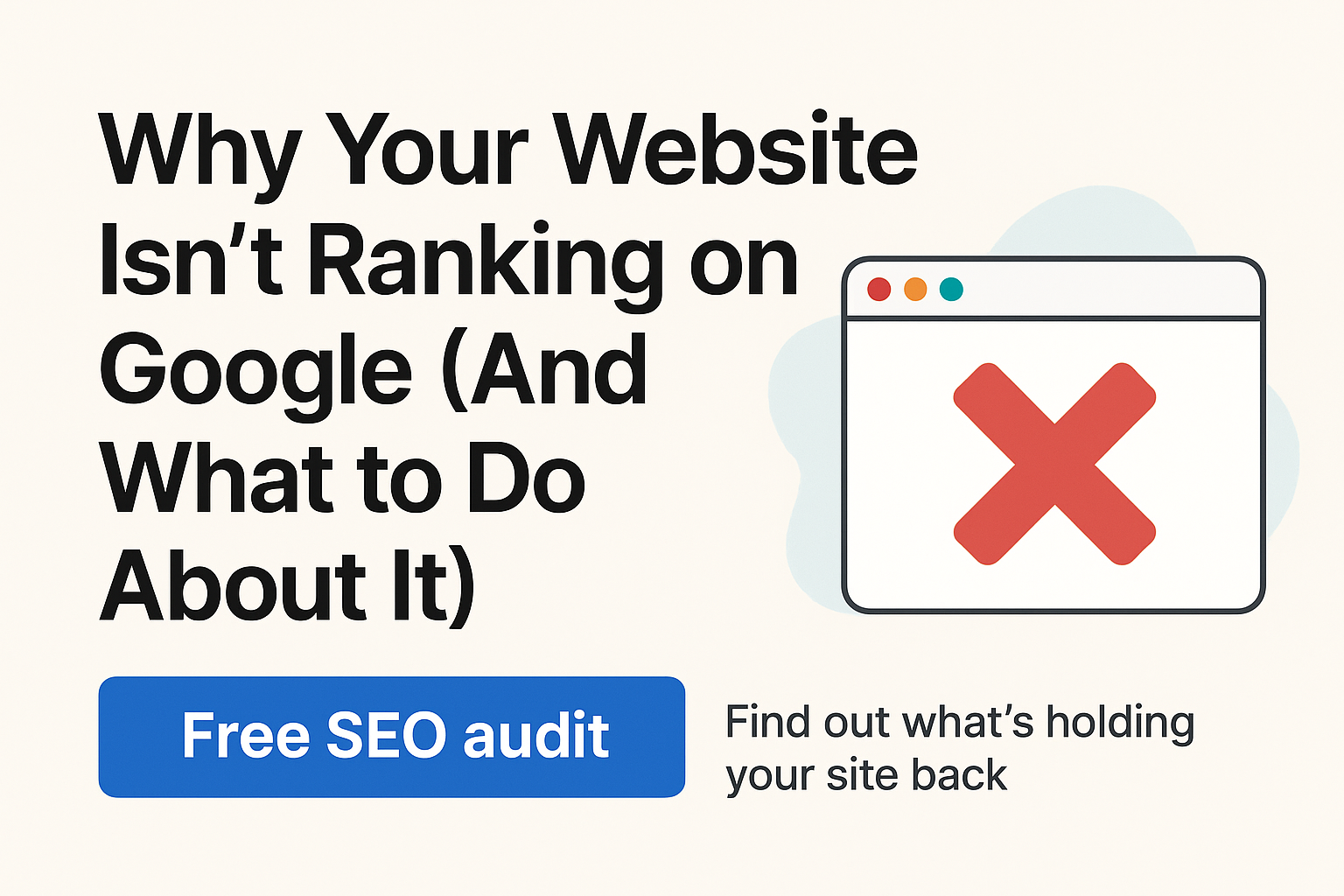If you typed “best SEO expert in Nigeria” into Google, you likely want one thing: results. Maybe your website has few visitors. Maybe you’re tired of spending money on ads that don’t convert.
Or maybe you want your business to be the one customers find first when they search. That’s exactly the intent behind the phrase, people searching for the “best SEO expert in Nigeria” are ready to hire someone who can deliver measurable improvements.
This guide is written in plain English for business owners who want to make a smart hire. It will help you understand what top SEO experts do, how to evaluate them, what questions to ask, and how to avoid common traps. At the end, I’ll explain how I work as an SEO specialist and blog writer based in Uyo, Nigeria, so you can decide if I’m the right fit.
What “best” really means
“Best” is not a single trophy. It’s a mix of things that add up:
- Real results: steady organic traffic growth, higher search rankings for the right keywords, and more conversions (calls, sign-ups, or sales).
- Experience and expertise: knowledge of modern SEO practices; technical, on-page, and content, plus experience solving problems for businesses like yours.
- Clear communication: regular reports, plain-English explanations, and a plan that makes sense to you.
- Ethics and safety: following Google’s guidelines and avoiding black-hat tricks that can get you penalized.
- Local understanding: familiarity with Nigerian search behavior, directories, and customer expectations (very useful if you sell locally).
A top expert combines these elements and explains them simply. They don’t promise “#1 on Google tomorrow.” They promise a sustainable strategy and measurable progress.
What services to expect from a top SEO expert

Great SEO is not one thing; it’s several coordinated activities:
- SEO audit: a health check to find technical problems (broken links, slow pages, mobile issues), content gaps, and keyword opportunities.
- Keyword research: finding the words your customers use and identifying which ones you can realistically rank for.
- On-page optimization: improving titles, headings, meta descriptions, images, and page copy so both people and search engines understand your pages.
- Technical SEO: fixing site speed, mobile friendliness, sitemap and robots settings, and server errors.
- Content strategy and blog writing: publishing helpful articles that answer customer questions and earn organic traffic.
- Link building and outreach: earning trustworthy backlinks from relevant websites to grow authority.
- Local SEO: optimizing Google Business Profile, local citations, and local keywords so customers find you in maps and local searches.
- Analytics and reporting: clear monthly reports that show traffic, rankings, and conversions, plus next-step recommendations.
If a provider only promises one or two of these and ignores the rest, you might get short-term gains but miss long-term success.
Questions to ask before you hire
Use this checklist during calls or interviews:

- Can you show recent, relevant examples of work? (Preferably with real results or screenshots.)
- How do you measure success for my business? (Traffic, leads, sales; be specific.)
- What exactly will you deliver in the first 90 days?
- How do you handle technical issues outside your control (like hosting problems)?
- Do you follow Google’s guidelines? What practices do you avoid?
- What tools do you use? (Analytics, rank trackers, SEO software.)
- How will we communicate, and how often will I get reports?
- What are the costs, and are there any long-term commitments?
- Can you provide local references or examples of work done in Nigeria?
Red flags to watch for
Protect your website and budget by avoiding:
- Guarantees of #1 rankings. No honest expert controls Google.
- Vague promises like “I’ll get you more traffic” without explaining how.
- Cheap link packages from unknown sites; these often lead to penalties.
- Providers who won’t sign a simple contract or can’t explain their methods.
- Aggressive upselling of unrelated services before basic SEO is done.
Realistic timelines and expectations
SEO is a marathon, not a sprint. Typical timelines:
- Quick fixes: technical errors or title tag changes can improve things in days or weeks.
- Organic growth: steady traffic and ranking improvements often take 3–6 months.
- Significant impact: measurable revenue gains can take 6–12 months or longer, depending on competition.
If someone promises immediate, dramatic improvements, treat it cautiously.
What success looks like (simple examples)
Success isn’t just higher positions on Google; it’s business outcomes:
- A local plumber appears on page one for “plumber in [city]” and gets more calls.
- An online store ranks for product keywords and sees steady monthly sales increases.
- A service business grows organic leads and lowers customer acquisition costs.
These outcomes come from consistent work: fixing technical problems, publishing useful content, and building trust with search engines and users.
Why local matters in Nigeria
Nigeria is diverse. Search behavior, payment preferences, and local listings differ across cities and industries. A search-savvy expert who understands:
- how Nigerians phrase searches (for example, “best accountant in Uyo” vs. “top accounting firms Akwa Ibom”),
- how to optimize Google Business Profile and local directories, and
- how to write content that speaks to local customers
will get better results than someone who treats Nigeria like a generic market.
How I work

I’m James Agbai, an SEO specialist and blog writer based in Uyo, Nigeria. I help businesses rank higher on Google, attract the right visitors, and turn them into paying customers through a mix of technical SEO and high-quality content.
My typical approach:
- Quick discovery: learn about your business, goals, and past marketing efforts.
- Audit and plan: run an SEO audit and build a 90-day plan focused on the highest-impact fixes.
- Implement: fix technical issues, optimize key pages, and publish blog content that targets real customer queries.
- Measure and improve: send monthly reports with traffic, keyword movement, and clear next steps.
- Ongoing growth: once the foundation is stable, focus on content that builds authority and brings qualified leads.
I don’t promise instant miracles. I promise clear, honest steps and measurable improvement. If you want to see examples, I’ll share recent work and explain the results in plain language.
I don’t promise instant miracles. I promise clear, honest steps and measurable improvement. If you want to see examples, I’ll share recent work and explain the results in plain language.
Pricing and packages (how you might structure it)
SEO pricing varies. A fair approach is:
- Small/local websites: fixed monthly fee for audits, basic fixes, and local SEO.
- Growing businesses: larger monthly retainer for ongoing content, outreach, and optimization.
- Project work: one-time fee for a full audit and technical fixes.
Ask for a written scope and milestones before paying. A good provider will explain deliverables and expected timelines.
DIY tips if you’re not ready to hire
Small improvements you can make right away:
- Fix page titles and meta descriptions so they accurately describe the page.
- Publish helpful blog posts that answer customers’ questions.
- Make sure your website loads quickly and works on phones.
- Claim and complete your Google Business Profile.
- Use Google Analytics and Search Console to watch what’s working.
Privacy, safety, and contracts
Have a simple agreement that covers scope of work, payment terms, confidentiality, content ownership, and contract length. Be cautious when sharing admin access; a trusted expert will explain why they need it and how they’ll protect it.
How to measure SEO progress (simple KPIs for business owners)

Track a few clear numbers so you can tell whether SEO work is paying off:
- Organic traffic: how many visitors arrive from search engines. A steady rise usually means your content is being found by more people.
- Clicks and impressions (Google Search Console): impressions show how often your pages appear in search results; clicks show how often users visit. Improving impressions and click-through rate means your content is becoming more relevant.
- Keywords: pick 10–20 important phrases and watch their movement monthly. Focus on progress, not daily fluctuations.
- Conversions: calls, contact form submissions, or sales. This is the single most important measure — more visitors don’t matter if they don’t lead to customers.
- Page speed and mobile usability: technical health affects both rankings and user experience.
A top expert will explain these numbers in plain language and focus on the metrics that matter to your business, usually conversions and revenue.
Common SEO myths (short & true)
- “SEO is a one-time job.” Truth: SEO needs ongoing attention because search trends and competitors change.
- “I need hundreds of keywords.” Truth: Relevance beats quantity. Target the phrases that match real customer intent.
A realistic first 90 days; what usually happens
In most projects, the first three months focus on foundation and quick wins:
- Month 1: Full audit, urgent technical fixes (speed, mobile), and a short list of priority keywords and pages to optimize.
- Month 2: Implement on-page improvements across key pages, and publish helpful blog content aimed at customer questions.
- Month 3: Begin outreach for relevant backlinks, refine the content plan based on early data, and set measurable goals for the next quarter.
This approach balances quick wins with steady foundation-building.
Local SEO tips for Nigerian businesses
- Complete your Google Business Profile with accurate name, address, and phone number.
- Encourage satisfied customers to leave short reviews.
- Use local place names naturally in content (for example, “web design in Uyo”).
- List your business on reputable local directories and industry websites.
Quick SEO checklist to use in calls or proposals
- Have a clear list of target keywords.
- Fix broken links and redirect chains.
- Ensure pages load fast on mobile.
- Optimize titles and meta descriptions for each page.
- Use descriptive headings and short paragraphs.
- Add a contact form and clear calls to action on pages.
- Claim and optimize Google Business Profile.
- Track conversions and report monthly.
Ask for a written scope and timeline.






